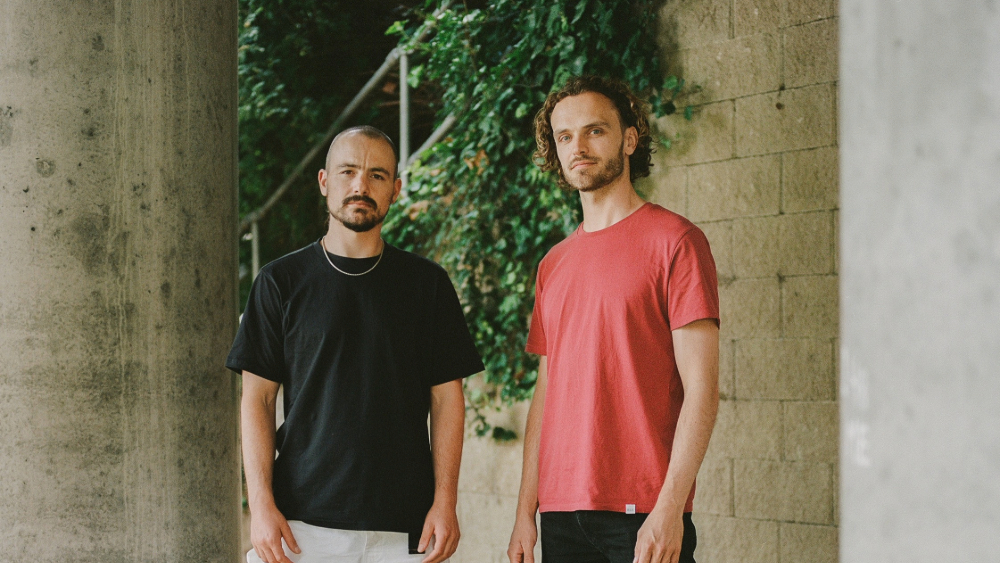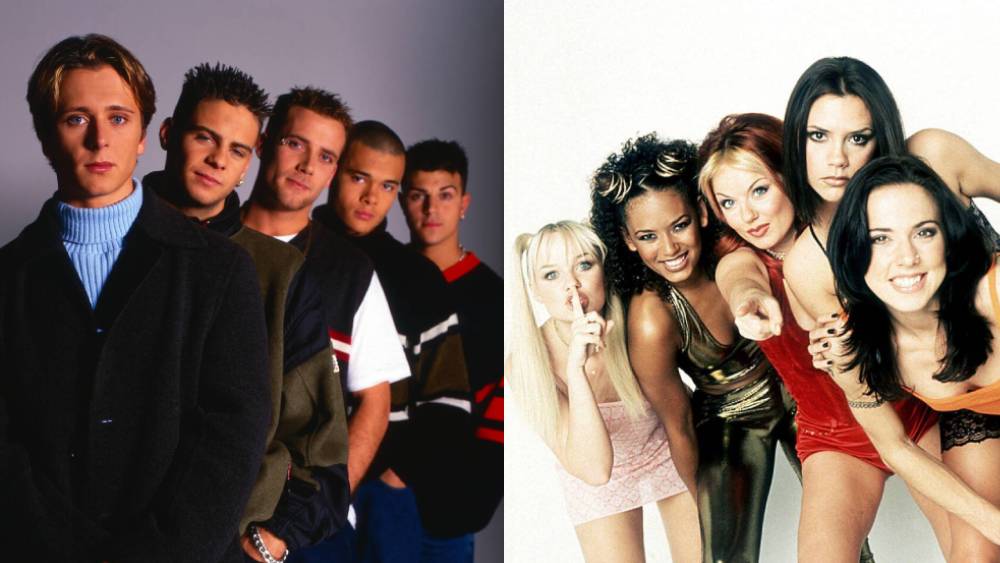Is that the sound of a ship from the future using a body-shaking horn to announce its arrival as it cuts through the night? A haunting caterwaul — of pleasure? Of pain? — relayed through a synthesiser from afar? Or is it the echo of someone dragging a metal zip up the leg of a body-hugging catsuit?
There is, after all, a latent sexiness to what we’ve just heard; accentuated by a slightly unnerving pause that lingers as the sound of swirling smoke rises. Before it’s possible to parse what exactly our ears have caught, a thudding Berlin-style techno beat rips the listener forward, throwing us forward into the type of foot-stomping track that keeps partygoers moving their sweat-daubed bodies next to each other all night long.
Such an unnervingly sensorial beginning to the titular track from composer Raffertie’s score for The Substance is hardly surprising. After all, director Coralie Fargeat’s acclaimed 2024 body horror film — which was nominated for five Academy Awards (winning Best Makeup and Hairstyling) and saw its star Demi Moore take home a Golden Globe for her performance — roots us in the strictures that are so often placed on the female body.
'A film score is in service to the director's creative vision, but within that confine you can be very creative.'
Given its densely thematic, allegoric and emotion-centred narrative, Raffertie’s score has important work to do. It must signify and accentuate these themes, helping the audience wayfind when on-screen images are pointedly creating unease. Elsewhere, it must also act as an introduction of character — an especially important role given the film’s central conceits grapples with the duality and falsity of character.
A complex task for Raffertie (real name Benjamin Stefanski), then, but one, he tells M, that he thoroughly enjoyed getting stuck into.
‘It started with picking out ideas and sounds to form a sonic palette for the world of The Substance,’ he explains about the creative process. ‘We needed a sound the marked the “substance”, which I got from turning the feedback right up. Coralie said we need to feel the seduction and youth of that character, and that helped form the techno-leaning main theme.’
Given his origins in electronic music (including releases on Ninja Tune and Planet Mu), it may be surprising that a self-described ‘esoteric’ creator like Raffertie would end up scoring a mainstream-courting film fronted by Demi Moore and Dennis Quaid. That’s not to suggest that the London-based creator doesn’t have the composing chops — after all, he has a degree in Classical & Contemporary Music Composition from the Royal Birmingham Conservatoire.
But while film music is so often worlds away from his usual environment of club lights, DJ decks and thudding beats, Raffertie has in fact been operating in media composition for over a decade, working on the music for the likes of I May Destroy You and the John Wick prequel The Continental.
‘[My career] has taught me a lot about melding those worlds together,’ he says. ‘Bringing traditional elements of film scoring and combining it with what I’m good at: electronic sound design.’
Asked about how creators can still express themselves within the parameters of composing music for film, Raffertie reasons: ‘A score is in service to the director’s creative vision, but within that confine you can be very creative. When there’s a great director on board, you know they've hired you because they like your sound. It’s freeing and allows you to experiment as well as push boundaries.'
‘Composers should know what they’re good at, what their strengths are and why the director wants to work with them.’
Indeed, there are clear sonic bridges between Raffertie the electronic musician and Raffertie the composer. Take his 2024 solo single Can’t Stop, released on his own Stop Recording Co imprint, which has the same juddering electronic hallmarks as many elements of The Substance soundtrack.
‘I used to think of my film work and personal production as discrete disciplines, but it all comes from the same place: one informs the other,’ he tells M. ‘I’m now much more comfortable doing the film work and then releasing my own music in my way — not least as my sound often lends itself to film!’
Citing his love for Jerry Goldsmith’s Alien score as well as the compositional work of Atticus Ross and Bernard Herrmann, Raffertie does acknowledge that he didn’t entirely plan to end up in this field (‘I didn’t even really know what type of film composer I would be’). He is, however, effusive about the benefits that can come from stepping into film composition, especially when the creative environment is right.
‘With the right director that knows music, you’re just giving the film a bit of energy,’ he adds about the role of the composer. ‘But you’ve got to trust the director’s vision, too.’
When it comes to his advice for music creators looking to break into the film world, Raffertie says that establishing a clear understanding of one’s own sonic identity as a producer is key. ‘Know what you’re good at, what your strengths are and why the director wants to work with you as an artist,’ he tells M. ‘That way you don’t have to worry about what your role is and who you need to satisfy, and you can double down on you.’
This approach is evident with his work on The Substance, which won Raffertie an Ivor Novello Award for Best Original Film Score and marked him out as one of Hollywood’s brightest new composers. Being forever associated with an Oscar-winning film is something that he’s proud of: ‘Seeing people dressing up as [the Substance characters] for Halloween, or seeing themed parties with the soundtrack blaring in the background, it’s really been amazing to be a part of it.'
This article features in the latest special edition of M Magazine.





